
Canada's 2025 Parents and Grandparents Program: Income Requirements Increased, Invitations to Continue from 2020 Pool
The Canadian federal government has recently updated the income requirements for sponsors under the 2025 Parents and Grandparents Program (PGP), introducing a significant increase. For a baseline two-person family, the minimum required income for 2024 has risen to $47,549, an increase of over $3,000 from the previous year. Sponsors must demonstrate that their income has met or exceeded the set levels for the three preceding tax years (2024, 2023, and 2022). Additionally, the government has confirmed that the 2025 invitations will be drawn from the pool of candidates who expressed interest in 2020, with plans to issue approximately 17,860 invitations to receive 10,000 complete applications. For those unable to apply, the Super Visa remains the primary alternative for long-term family reunification.
07/25/2025

Focusing on Labour Market Needs: Newfoundland and Labrador's Latest Immigration Draw Targets 359 Candidates
On July 10, 2025, Newfoundland and Labrador's Office of Immigration and Multiculturalism (OIM) issued 359 Invitations to Apply (ITAs) for provincial immigration to foreign nationals. Spanning both the Provincial Nominee Program (NLPNP) and the Atlantic Immigration Program (AIP), this draw explicitly requires candidates to hold a job or job offer from a local employer and prioritizes professionals in key fields like healthcare, information technology (ICT), and aquaculture to meet the province's urgent labour market needs.
07/25/2025

Alberta's Latest Immigration Draws Target Hundreds of Foreign Workers, Spotlight on Priority Sectors
In the first half of July 2025, the province of Alberta issued hundreds of invitations to apply through its Alberta Advantage Immigration Program (AAIP), aiming to attract foreign professionals capable of filling critical labor shortages. The draws covered multiple streams, including both Express Entry-aligned and non-Express Entry pathways, with a distinct focus on priority sectors such as healthcare, agriculture, aviation, and law enforcement. Data reveals that the candidate pool for certain programs, particularly the Alberta Opportunity Stream, is highly saturated, leading to fierce competition.
07/21/2025

Canada's Parents and Grandparents Program Set to Open for Invitations
Canada's federal government has announced that the highly anticipated Parents and Grandparents Program (PGP) will launch a new round of invitations on July 28, 2025. Over a two-week period, the immigration department will send 17,860 invitations to candidates who submitted an interest to sponsor form in 2020, with the goal of accepting 10,000 complete permanent residence applications. For sponsors who do not receive an invitation this round, or for families who were unable to enter the pool in recent years, the Super Visa remains an important pathway for parents and grandparents to reunite with family in Canada for long-term stays.
07/18/2025
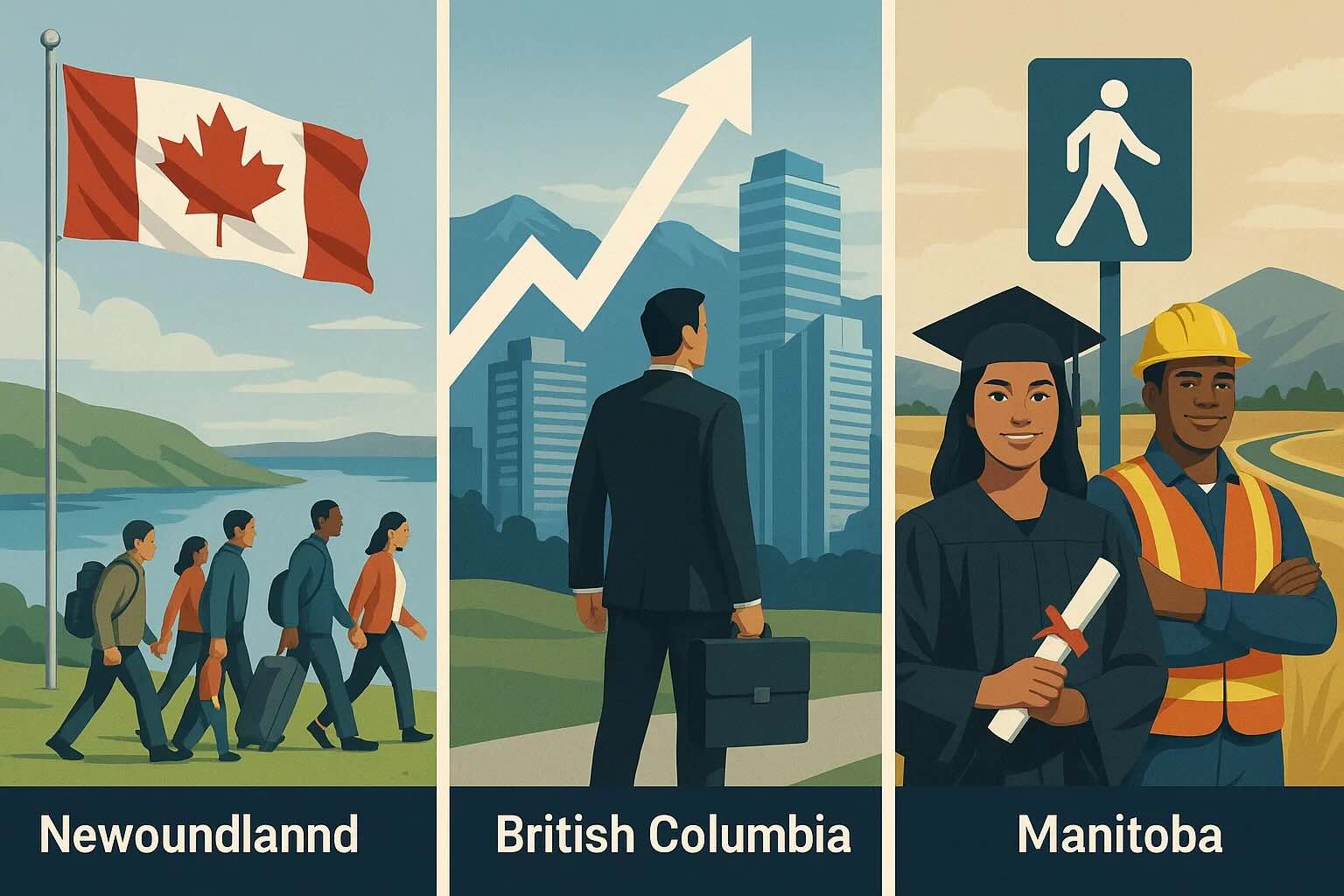
Provincial Immigration Updates: Newfoundland Boosts Quota, BC Focuses on Entrepreneurs, and Manitoba Prioritizes Graduates
In its June 24 draw, Newfoundland and Labrador issued 320 invitations and successfully negotiated a 1,000-spot increase to its 2025 PNP allocation, signaling a strong commitment to attracting new immigrants. British Columbia’s July 8 draw once again targeted entrepreneurs, issuing no more than 17 invitations and underscoring its high priority for business and investment-class immigrants. Meanwhile, Manitoba extended 67 invitations on July 10, prioritizing international students who graduated from its institutions and skilled workers identified through "Strategic Recruitment Initiatives." These moves clearly reflect the unique immigration strategies each province is deploying based on its economic and labor market needs.
07/14/2025

Quebec Halts New Spousal Sponsorship Applications After Reaching Quota, Moratorium in Place Until 2026
Quebec's immigration ministry announced on July 9 that it has paused the intake of new applications for spousal, partner, and adult dependent sponsorship after reaching its predetermined cap. The measure is part of Quebec's immigration quota management and will remain in effect until June 25, 2026. During this period, the application stream for sponsoring minor children, parents, and grandparents will remain open.
07/13/2025
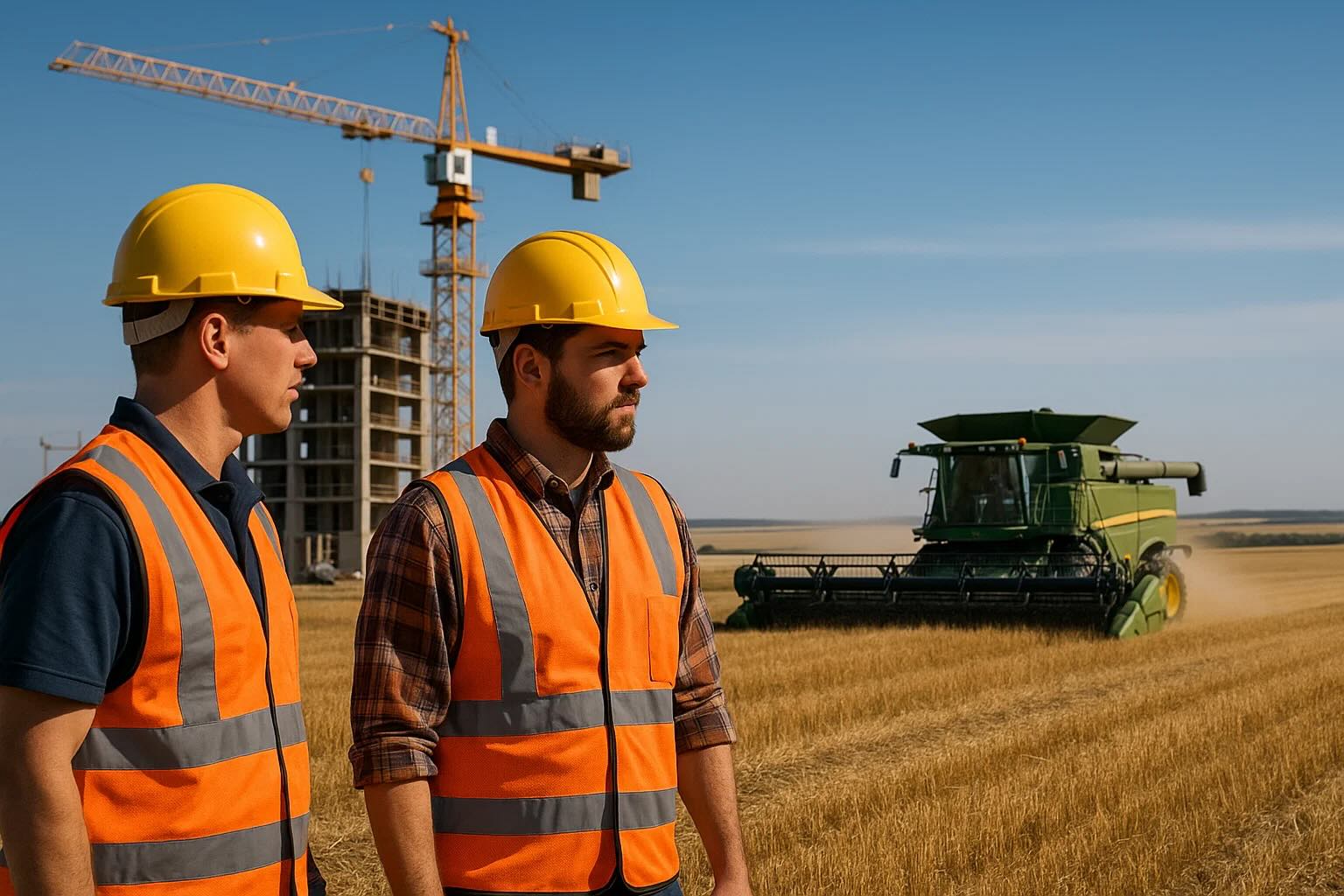
Alberta Targets Key Industries in Latest Immigration Draws, Focusing on Construction and Agriculture
In late June 2025, the province of Alberta conducted two targeted draws through its Alberta Advantage Immigration Program (AAIP), focusing on inviting candidates from the construction and agriculture sectors. The draws featured relatively low cut-off scores, reflecting the province's precise strategy to address labor shortages. However, official data indicates that despite a significant number of nominations still available for the year, tens of thousands of Expressions of Interest (EOIs) have accumulated in the main candidate pools, signaling exceptionally fierce competition ahead.
07/07/2025
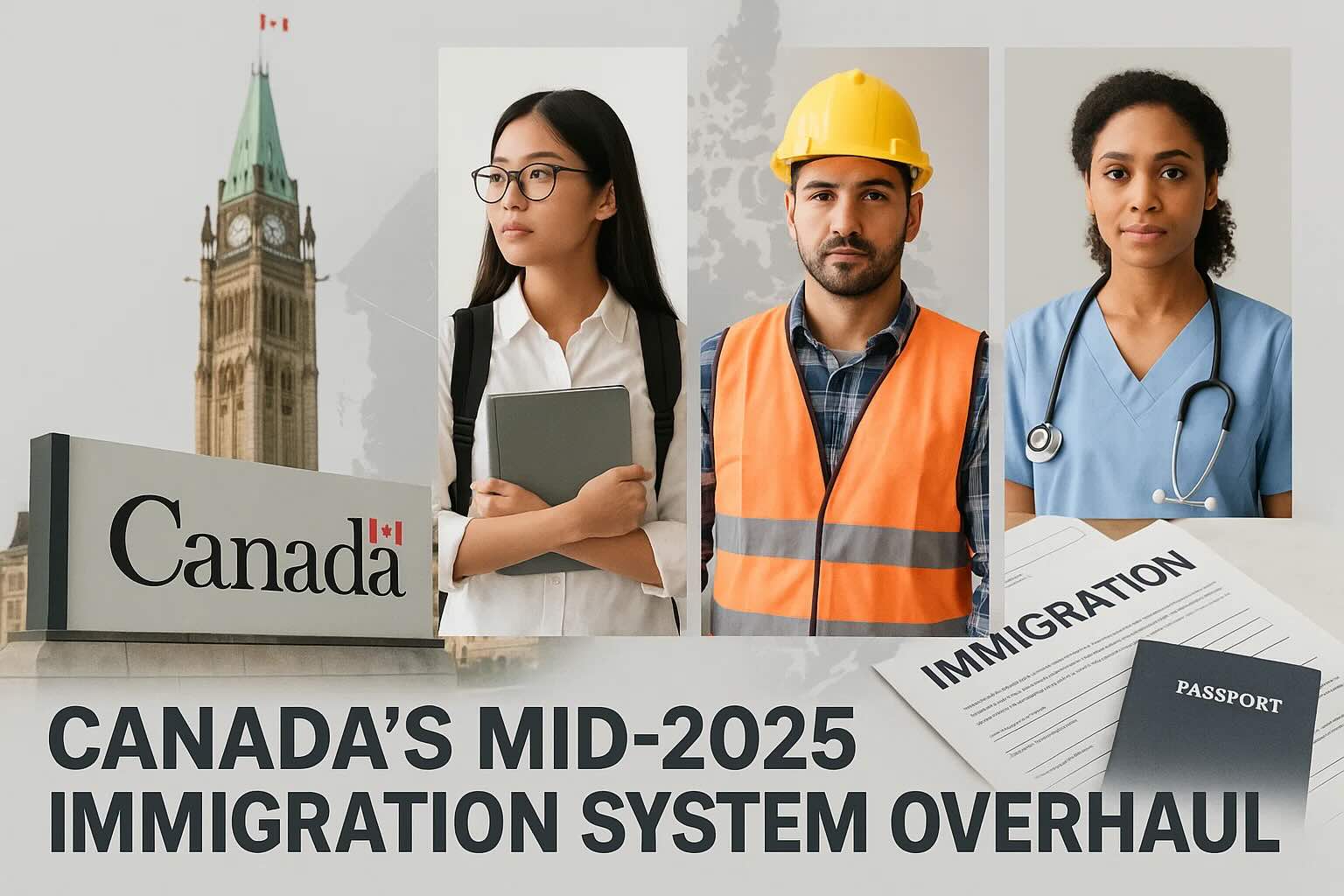
Canada's Immigration System Undergoes Key Adjustments: 2025 Mid-Year Review Highlights Quota Reductions and Policy Updates
In the first half of 2025, Canada's immigration system underwent a profound structural adjustment. The federal government not only lowered its permanent resident (PR) admission targets and historically set a cap on temporary residents, but also implemented significant reforms to core programs like Express Entry and the Provincial Nominee Program (PNP). The new policies reflect a clear strategic intent to tighten overall numbers, prioritize in-Canada applicants, and precisely guide new immigrants toward Francophone communities, rural areas, and key sectors such as healthcare and construction. This series of changes has had a far-reaching impact on global applicants, signaling that Canada's immigration policy is shifting from an era of broad-based intake to one of targeted selection.
07/05/2025
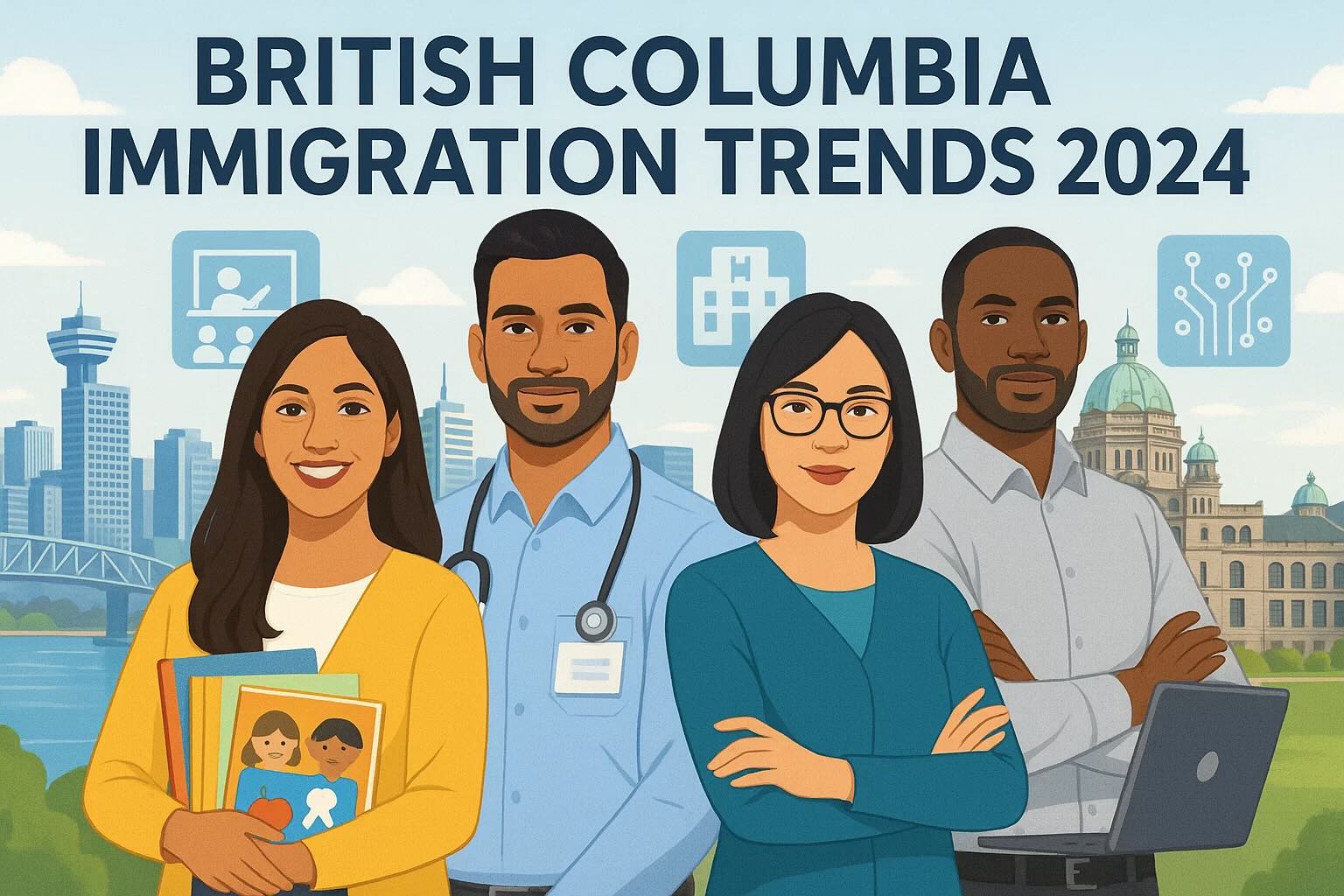
British Columbia Releases 2024 PNP Annual Report: Skills Immigration Dominates, Early Childhood Education Emerges as Top-Nominated Field
The British Columbia Provincial Nominee Program (BC PNP) has recently released its 2024 annual statistical report. The report shows that the province successfully issued its full allocation of 8,000 nominations in 2024, with the Skills Immigration category accounting for a staggering 99%. A notable trend is that, driven by the provincial government's prioritization of Early Childhood Educators (ECEs), occupations in education and social services have surpassed the tech sector to become the category with the most nominees. Furthermore, the report provides a detailed breakdown of nominee salary levels, primary countries of origin, and confirms major changes made to immigration pathways for international students in 2024.
06/29/2025
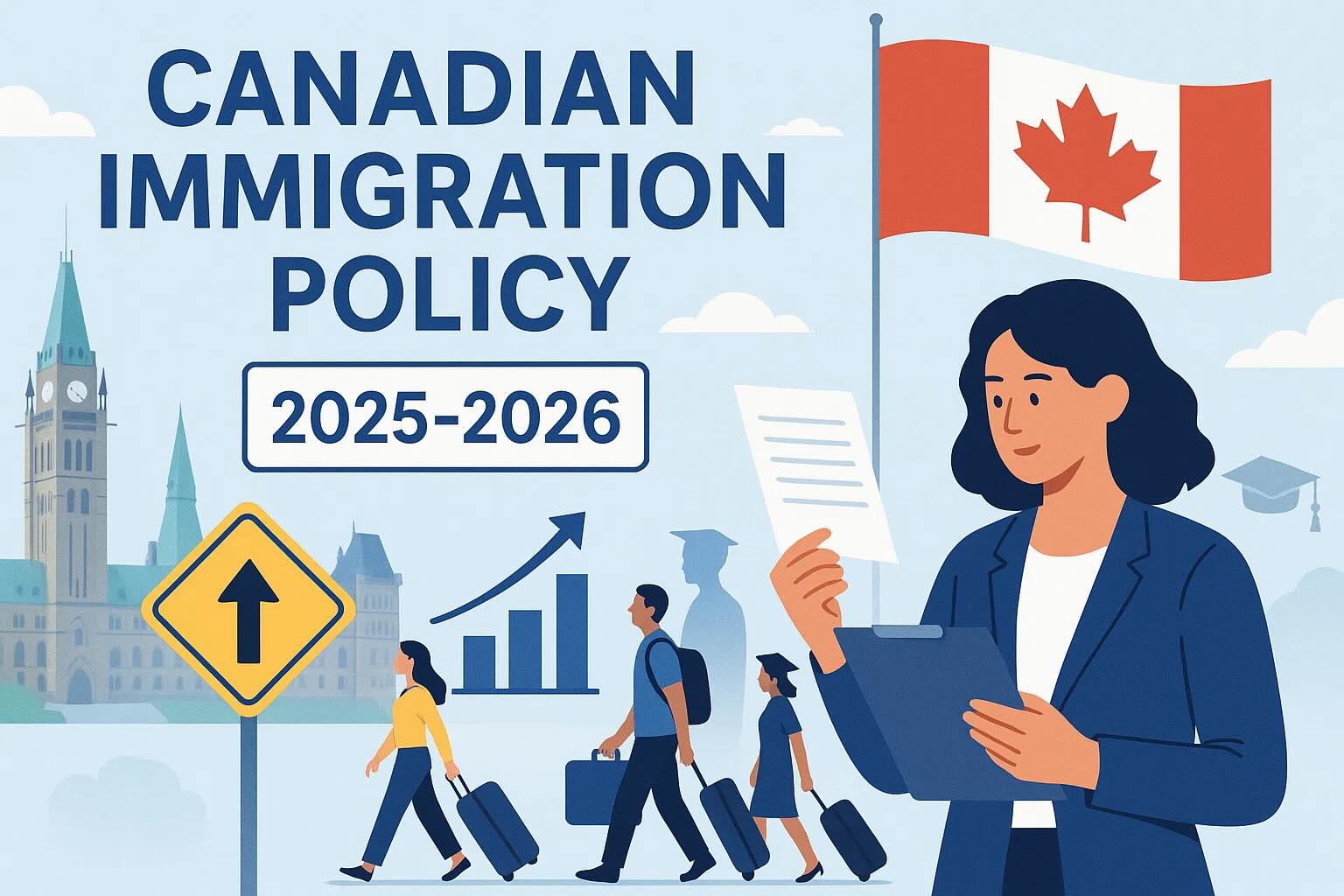
Canada Charts Course for 2025-2026 Immigration Policy: New PR Pathway Planned Amid Continued Tightening of Temporary Resident Rules
On June 20, 2025, Immigration, Refugees and Citizenship Canada (IRCC) unveiled its 2025-2026 Departmental Plan, setting a clear direction for immigration policy over the next two years. The plan introduces new immigration avenues for specific groups while continuing and reinforcing the policy of tightening controls on the temporary resident population, a trend that began in 2024. Key measures include proposing the conversion of the 'Economic Mobility Pathways Pilot' into a permanent immigration stream, creating a new work permit for the agriculture and fish processing sectors, adjusting eligibility for Post-Graduation Work Permits (PGWPs) and Spousal Open Work Permits (SOWPs), and explicitly capping the temporary resident population at 5% of Canada's total population. These initiatives reflect the Canadian government's balancing act between attracting needed talent and alleviating pressure on domestic social services.
06/27/2025